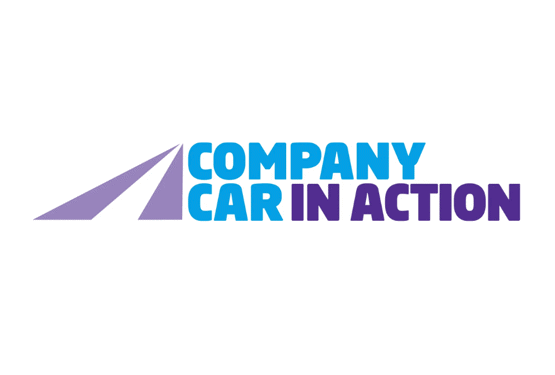By Adam Rodgers, global business development director at Easee
The full transition to EVs will be pivotal in the UK’s journey in reducing carbon emissions.
While public charging infrastructure is steadily growing, workplace charging and fleets represent a unique opportunity to further accelerate adoption.
According to recent data, EV ownership has been rising at a rapid rate, accounting for a record 19.6% of new car sales in 2024.
However, to further encourage uptake, it is critical that charging accessibility is addressed, which is a key barrier to EV adoption. For instance, demonstrating a regional disparity challenge.
And so, with seven out of 10 residents in rural areas essentially locked out of the transition due to a lack of local charging points, businesses must take an active role in ensuring company fleets and employees using company cars have reliable access to the right infrastructure to support a smooth EV transition.
Despite a vast range of charging solutions, such as rapid chargers, lamp post chargers, and shared residential charging hubs, employees who live in flats or properties without off-street parking or driveways may face challenges in charging their vehicles at home.
Therefore, providing workplace charging facilities can play a valuable role in building confidence for employees to either make the switch to an EV, or to continue using one for their commute to and from work.
Workplace charging can also support businesses with fleet management, as having reliable charging at work allows companies to better manage fleets' energy needs and optimise usage, thus helping to create a seamless charging experience.
Bolstering employee satisfaction
Despite the rise of remote and flexible working, many occupations and businesses still require employees coming into work more frequently than others - for example, teachers, nurses and doctors – in fact 66% of commuters use a car to get to work.
Provision of workplace charging presents a valuable opportunity to boost employee engagement and satisfaction.
For employees who own EVs, having the ability to charge at work not only provides convenience, but also potential cost savings to their commute.
For those driving company cars, workplace charging minimises fuel expenses and improves overall fleet management.
Moreover, with 54% of Gen-Z putting pressure on their employers to take climate action, organisations offering a suitable EV infrastructure can further demonstrate their commitment to sustainability through this.
This will not only boost the visibility of the business’ corporate purpose but could also improve employee retention and attraction.
With almost half of UK businesses having installed charge points as part of a wider sustainability effort, it’s crucial that the remaining half now follow suit to support the transition to greener commuting.
Reducing Scope 3 emissions
With Scope 3 emissions often accounting for the largest portion of an organisation’s carbon footprint, offering workplace charging can be a key driver in reducing businesses emissions.
Scope 3 emissions are indirect emissions that are not produced as a direct result of business activity, but instead from up and down its value chain, including employees’ commuting habits.
By transitioning fleets and company cars to EVs and ensuring workplace charging is reliable and available, businesses can drastically cut transport related emissions, as it encourages employees to transition to EVs, reducing reliance on fuel cars.
In the longer run, if every employee or fleet vehicle switches from a fuel to electric it could significantly reduce commuting emissions.
Staying ahead of the curve
As sustainability reporting requirements become increasingly stringent, businesses who are working to reduce their overall emissions with initiatives such as fleet electrification and workplace
EV charging will find themselves better positioned to meet sustainability reporting standards.
With the UK government aiming to establish 300,000 public charging points by 2030, a steep increase from the current 75,675 as of February 2025, workplace charging is bound to play a pivotal role in expanding the national charging network.
Planning Ahead
The extension of the Workplace Charging Scheme (WCS) until March 2026 is great news for employers, as it allows for up to 40 EV charging points to be installed at employer sites, and covers up to 75% of the total costs of the purchase and installation.
Businesses should therefore take advantage of the scheme to minimise the costs of providing EV charging.
By investing and taking advantage of the WCS scheme now employers can not only contribute to the UK’s broader environmental goals but become a greener and more attractive workplace, which does not only meet employee needs, but also benefits business growth.
By investing in both workplace charging and fleet electrification, companies can ensure they are taking full advantage of available incentives and reduce their Scope 3 emissions.


















Login to comment
Comments
No comments have been made yet.